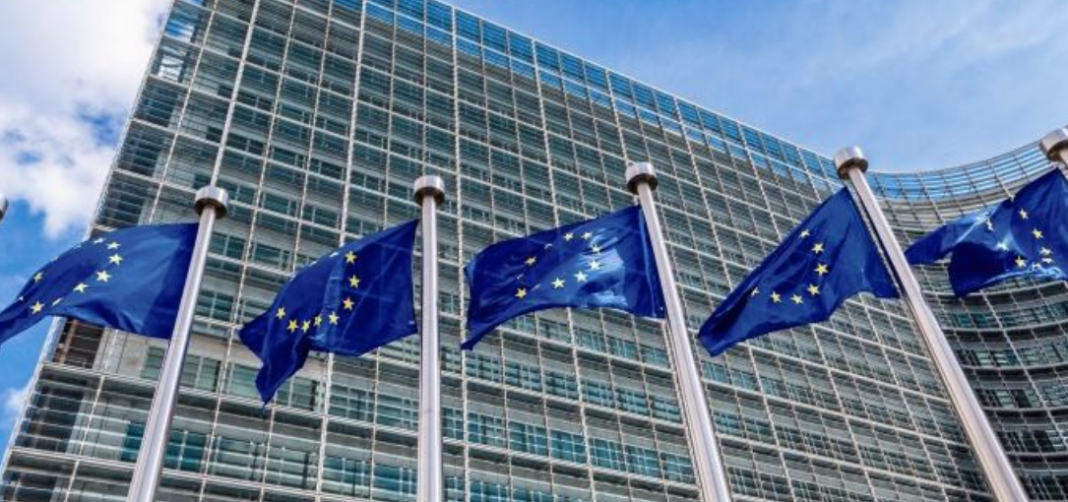The Emerging Payments Association (EPA) has published new guidance on digital identification and authentication to help combat financial crime.
The group has released these recommendations at a time of growth in global digital transactions and acceleration to digital channels, dictated by the current COVID-19 crisis. However, whilst the crisis introduces new opportunities for companies, it also increased vulnerability around criminals to exploit gaps in defences.
James Mirfin, Global Head of Digital Identity and Financial Crime of Refinitiv, commented: “Refinitiv is privileged to sponsor the EPA Guide to Digital Identification. Our support of this guide and as benefactor to the EPA display our commitment to assisting organisations meet their regulatory obligations and fight financial crime.
“Identity Theft is one of the fastest growing criminal markets and there are many technology choices on the market to support organisations. The EPAs guide will provide an invaluable resource as organisations navigate these choices, ensuring the components most critical to their business and customer base are accounted for and their regulatory requirements are fully addressed.”
Tony Craddock, Director General of the Emerging Payments Association, said: “In the current lockdown, effective identification and authentication is more important than ever. And harder than ever. The EPA has produced this guide to help the payments industry raise the bar and prevent fraud and money laundering, the cancer of financial services.”
Financial crime is a global problem with organised crime transcending geographic boundaries. This guidance explains how specific identification requirements and standards vary on a national, international and regional level, citing AML regulations and directives.
Due to the increased threat of criminal activity, including fraud, money laundering and financing terrorism, The EPA’s Guidebook to Digital Identification and Authentication calls for robust identification and authentication processes to be employed in the financial services industry.
Jane Jee, Chief Executive Officer of Kompli-Global and Head of the EPA’s Project Financial Crime also stated: “The EPA is committed to reducing the burden of financial crime by giving valuable insight and guidance. The advent of covid-19 means to remotely identify and onboard a customer is more vital than ever before, so this guide is essential reading.”




















